What Food Is Healthy For Goldfish?
Updated on 04/26/24
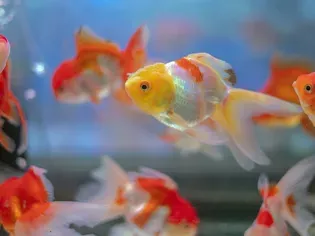
Unlocking the Nutritional Secrets: What Food is Healthy for Goldfish?
The captivating world of goldfish keeping presents a delightful yet intricate challenge, with their well-being largely dependent on a balanced and nutritious diet. Delving into the intricacies of goldfish nutrition, this comprehensive blog post will unveil the secrets to feeding your beloved aquatic companions for optimal health and vibrancy.
Understanding Goldfish Nutritional Needs
Goldfish, like all living organisms, require a diverse array of nutrients to thrive. Their specific dietary requirements vary depending on factors such as age, size, and activity level. However, certain essential nutrients remain pivotal to their overall well-being:
* Proteins: The building blocks of cells and tissues, proteins are vital for growth, repair, and maintaining muscle mass.
* Carbohydrates: The primary energy source for goldfish, carbohydrates provide fuel for swimming, digestion, and other essential bodily functions.
* Fats: Essential for energy storage, insulation, and the absorption of certain vitamins.
* Vitamins: A range of vitamins, including vitamins A, C, and E, support overall health, immune function, and organ development.
* Minerals: Minerals such as calcium, phosphorus, and potassium play crucial roles in bone health, muscle function, and nerve transmission.
Choosing the Ideal Goldfish Food
The plethora of goldfish food options available can be overwhelming. To make an informed decision, consider the following criteria:
* Type: Flakes, pellets, and granules are the most common goldfish food formats. Each type has its advantages and disadvantages, depending on the size and feeding habits of your fish.
* Ingredients: Scrutinize the ingredient list to ensure the food contains a balanced mix of proteins, carbohydrates, fats, vitamins, and minerals. Avoid foods high in fillers or low-quality ingredients.
* Size: Choose food pellets or flakes that are appropriate for the size of your goldfish's mouth. Avoid feeding large pieces of food that your fish may struggle to swallow.
* Brand Reputation: Opt for reputable brands with a proven track record of producing high-quality goldfish food.
Feeding Frequency and Portion Control
Establishing a consistent feeding schedule and adhering to appropriate portion sizes is paramount for goldfish health.
* Feeding Frequency: Adult goldfish should be fed twice a day, while younger fish may require more frequent feedings.
* Portion Size: Feed only as much food as your fish can consume within a few minutes. Overfeeding can lead to health problems such as obesity and digestive issues.
Natural Food Sources
In addition to commercial goldfish food, occasional treats of natural food sources can provide variety and enrichment:
* Live Foods: Brine shrimp, daphnia, and bloodworms are excellent sources of protein and essential nutrients.
* Frozen Foods: Frozen peas, corn, and fruit can be offered as occasional treats.
* Vegetables: Blanched spinach, zucchini, and carrots provide vitamins and minerals that may not be found in commercial foods.
Foods to Avoid
Certain foods should be avoided entirely as they can be harmful to goldfish:
* Raw Meat: Raw meat can introduce bacteria and parasites into your aquarium.
* Dairy Products: Goldfish cannot digest lactose and dairy products can cause digestive problems.
* Bread and Crackers: These foods lack nutritional value and can lead to obesity and bloating.
* Human Food: Processed human food is often too high in sodium, fat, and other unhealthy ingredients for goldfish.
Conclusion
Providing a nutritious and balanced diet for your goldfish is essential for their health and well-being. By understanding their nutritional needs, choosing appropriate food, and feeding them correctly, you can ensure that your aquatic companions thrive for years to come. Remember, a healthy goldfish is a happy goldfish!
Explore More Pets
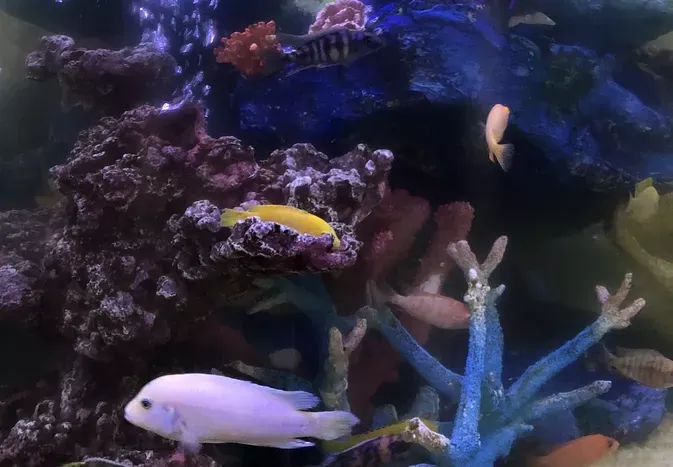
Freshwater Aquarium Filters
How to Deal With Cloudy Aquarium Water
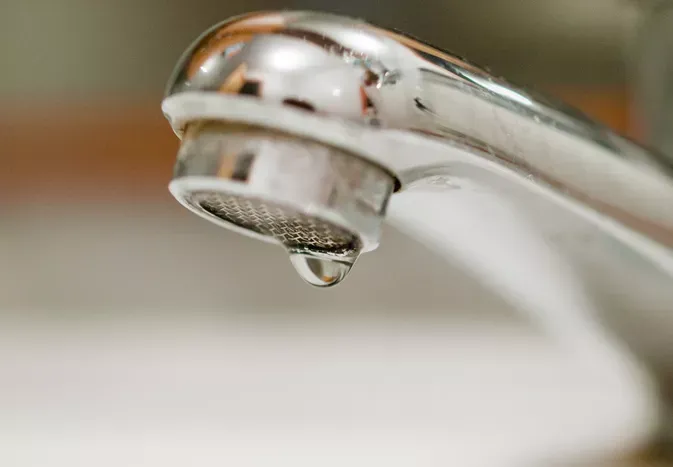
Saltwater Aquarium Filters
How Do You Remove Chloramines From Tap Water?
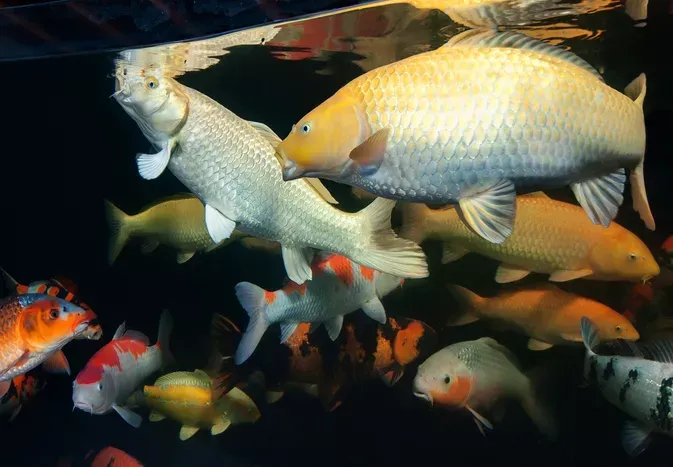
Freshwater Aquariums & Habitat
Can I Keep My Koi Fish Inside?
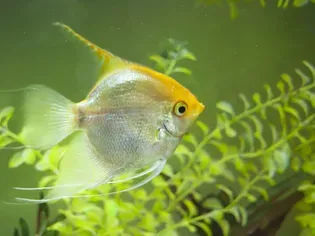
Saltwater Aquariums & Habitat
14 Best Floating Plants for Your Aquarium
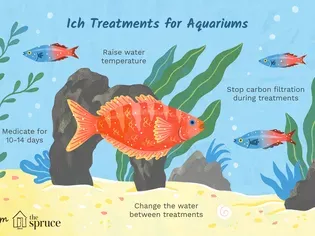
Freshwater Fish Health
How to Treat Ich on Freshwater Fish
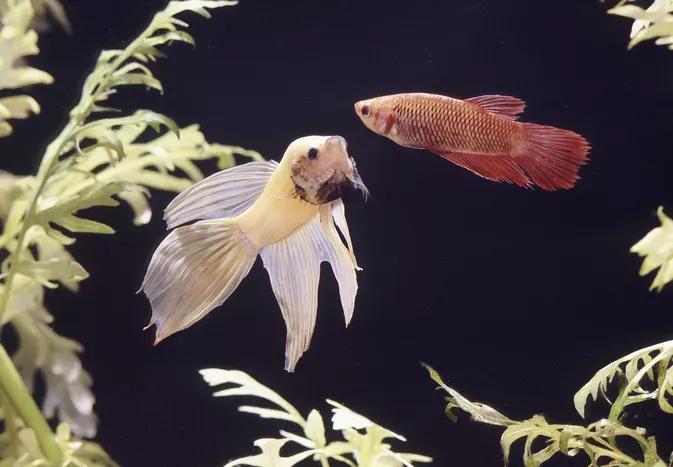
Saltwater Fish Health
Fin Rot in Aquarium Fish
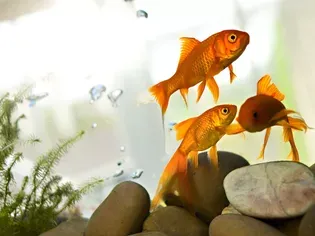
Freshwater Aquarium Filters
How to Do Aquarium Water Changes
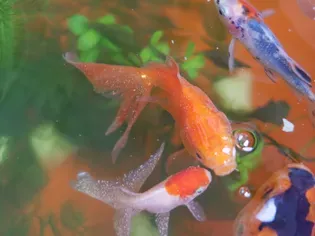
Saltwater Fish Health
How Do Fish Get Parasites?